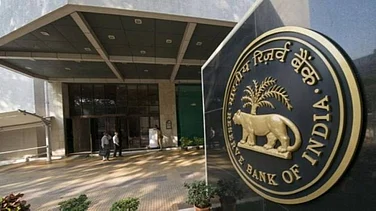As United States is inching close to their August 1 deadline for closing trade deals with several countries, officials from US and China are scheduled to meet on Monday in order to extend their tariff détente beyond a mid-August deadline and also bring forth possible solutions to end the trade tensions ensuing between the two countries.
As per a Bloomberg report, US Treasury Secretary Scott Bessent and Chinese Vice Premier He Lifeng will be meeting in Stockholm and will lead the negotiations that looks at ways to extend the current tariff truce. The discussions will also address the US levies on fentanyl trafficking and Chinese purchases of sanctioned Russian and Iranian oil.
The US trade deals are expected to provide more clarity to companies in terms of what levies they’ll face when exporting to the US. However, the talks with Beijing are on a different track as the rates for China are much above those for other nations, thereby making bilateral trade between these two countries much more expensive.
Recently, the US Treasure Secretary said that the US would use this week’s huddle to work out what’s “likely an extension” to the current tariff pause. “I think trade is in a very good place with China,” he added. as quoted by Bloomberg.
If any breakthrough comes post the meeting between the officials, it can possibly make way for a meeting between US President Donald Trump and his Chinese counterpart Xi Jinping, later this year in South Korea.
Last month, the Chinese leader invited Trump and his wife Melania for a visit to China. But, no timeframe has been decided for the same.
However, Swedish Finance Minister Elisabeth Svantesson took to social media last week and said that representatives from both the US and China have approached her during a Group of 20 gathering in South Africa earlier this month. According to the Swedish Minister, the representatives proposed holding their tariff negotiations in Sweden.
Amid this trade fight between the two largest economies, is Beijing’s tight hold on rare earth magnets – an essential element used in manufacturing of electric vehicles, high-tech weapons. etc. and Washington’s curbs on cutting-edge chips essential to AI. This battle over export controls form an essential part of trade talks.






























